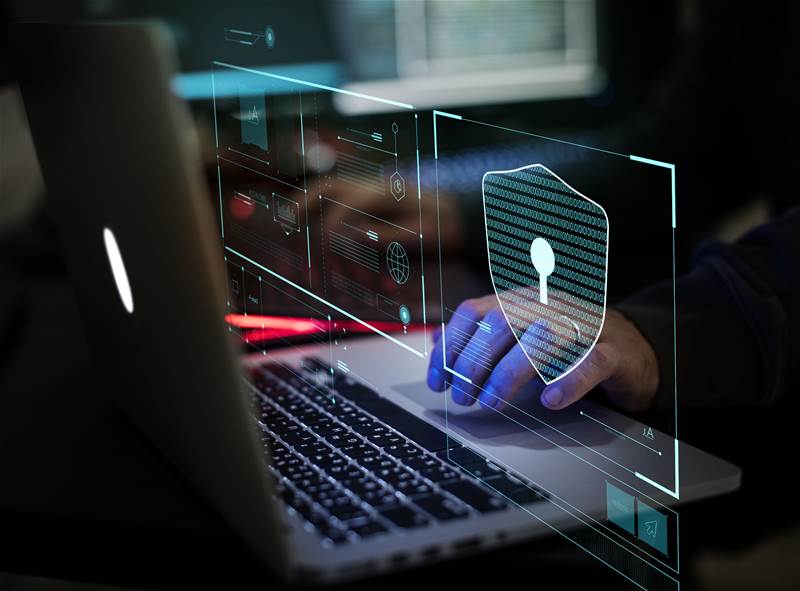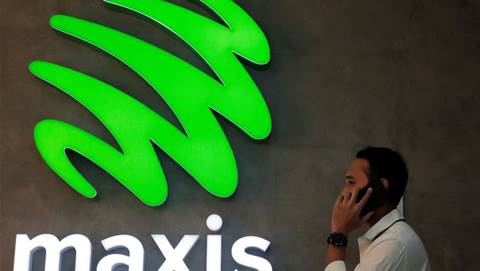Microsoft was again the brand most frequently targeted by cybercriminals in the first quarter of this year, as it was in the previous quarter, revealed cyber security vendor Check Point in its Brand Phishing Report for Q1 2021.
Thirty-nine percent of all brand phishing attempts were related to Microsoft (down from 43% in Q4), as threat actors continued to try to capitalise on people working remotely during the COVID-19 pandemic.
DHL maintained its position as the second most impersonated brand, with 18% of all phishing attempts related to it, as criminals persisted in taking advantage of the growing reliance on online shopping.
The report reveals that technology is still the most likely industry to be targeted by brand phishing, followed by shipping. However, banking has replaced retail in the top three industries this quarter, as two banking brands – Wells Fargo and Chase - are now in the top ten list, showing how threat actors are exploiting the surge in digital payments due to the pandemic, and the increased dependency on online banking, shopping and home deliveries, to try and trick users and commit financial fraud.
Phishing tactics are also changing
“Criminals increased their attempts in Q1 2021 to steal peoples’ personal data by impersonating leading brands, and our data clearly shows how they change their phishing tactics to increase their chances of success,” said Omer Dembinsky, Data Research Manager at Check Point.
“While security measures are often built into websites and apps, particularly with banking, it’s the human element that often fails to pick up on scams, and as such, cyber criminals are continuing to trick people using convincing emails purporting to be from trusted brands.
“As always, we encourage users to be cautious when divulging personal data and credentials, and to think twice before opening email attachments or links, especially emails that claim to be from companies, such as banking institutions, Microsoft or DHL, that are the most likely to be impersonated.”
In a brand phishing attack, criminals try to imitate the official website of a well-known brand by using a similar domain name or URL and web page design to the genuine site.
The link to the fake website can be sent to target individuals by email or text message, a user can be redirected during web browsing, or it may be triggered from a fraudulent mobile application.
The fake website often contains a form intended to steal users’ credentials, payment details or other personal information.
Top phishing brands in Q1 2021
Below are the top brands ranked by their overall appearance in brand phishing attempts:
- Microsoft (related to 39% of all brand phishing attempts globally)
- DHL (18%)
- Google (9%)
- Roblox (6%)
- Amazon (5%)
- Wells Fargo (4%)
- Chase (2%)
- LinkedIn (2%)
- Apple (2%)
- Dropbox (2%)










